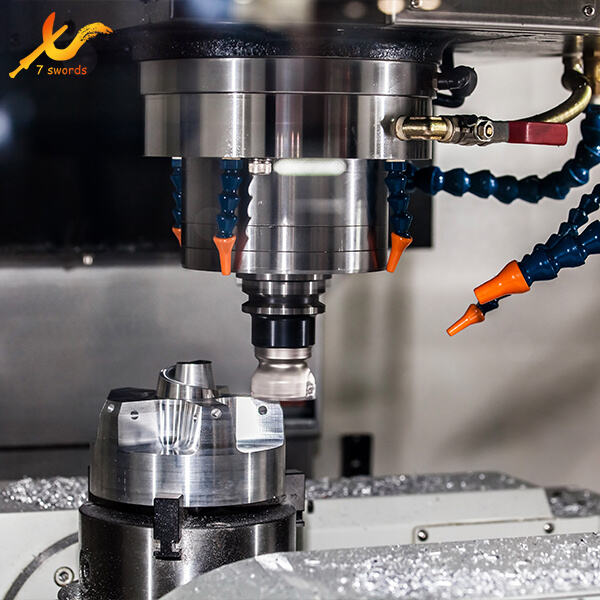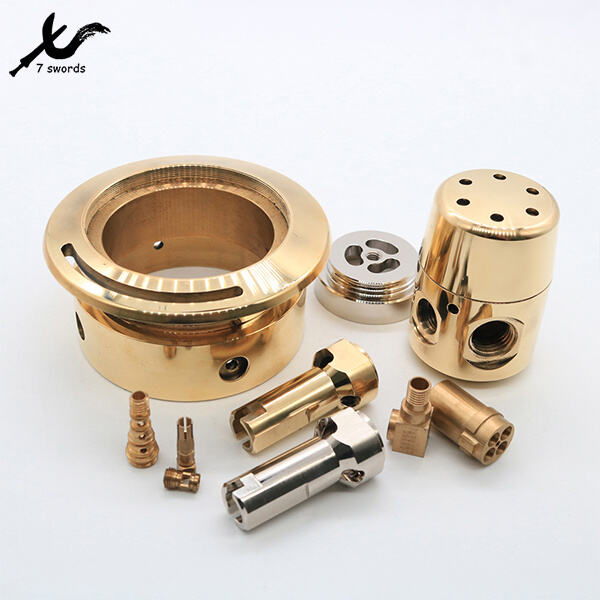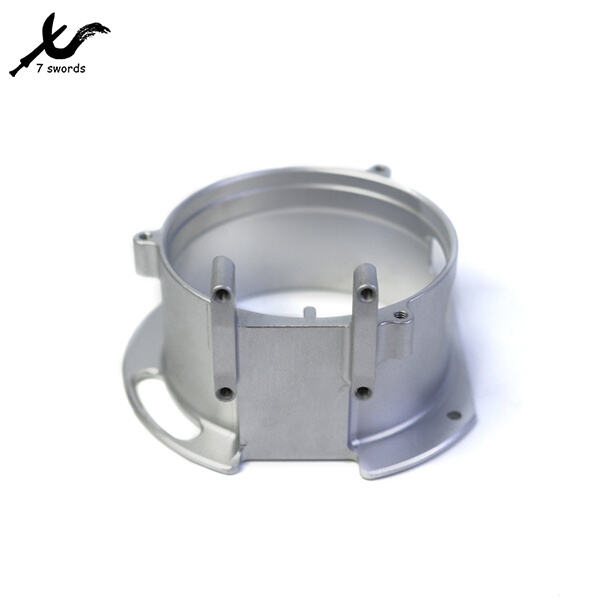Building 49, Fumin Industrial Park, Pinghu Village, Longgang District
Sunday Closed
Like DNA, NA consists of nucleotides as the basic building blocks of genetic material. The nucleotides contain a sugar molecule, phosphate group, and one of four nitrogenous bases: adenine (A), cytosine (C), guanine (G), and uracil (U). Though RNA shares similarity with DNA, it is still distinct in its structure and function. RNA varies greatly in its length and base sequences depending on the gene it is transcribing, as well as its role within the cell. In scientific studies, the size of an RNA strand may vary significantly, because this influences how they are synthesized and utilized.
Among the four kinds of nucleotides, one type directly contributes adenine (A) to the RNA molecule, which is extremely crucial for the further elaboration or maturation of RNA molecules. During RNA processing, the bulk of RNA strands get modified on their 3′ end with a chain of adenine nucleotides. This chain of adenines is known as a poly-A tail. The length of this tail is very variable and will depend on the type of RNA, the cell type, and the specific biological context. The poly-A tail has several functions, which include protection of the RNA from degradation and facilitation of its export from the nucleus to the cytoplasm as well as helping with translation by ribosomes.
Such differences in poly-A tail length allow scientists to better understand aspects of RNA stability, functionality, and regulation. Differences in this respect would reveal how certain RNAs could behave under different conditions or in diverse cellular environments. These knowledge mechanisms can further allow researchers to better understand how the contribution of RNAs to gene expression and the much larger overall regulatory networks in a cell take place.
Ribonucleic acid basically refers to RNA, a primary molecular structure in biology, which is further broken down into smaller subunits referred to as nucleotides. Nucleotides are the building blocks of RNA and consist of three components: a sugar molecule (ribose), a phosphate group, and one of four nitrogenous bases—adenine (A), cytosine (C), guanine (G), or uracil (U). Similar to DNA, RNA contains genetic information but differs structurally and functionally. Being single-stranded rather than the DNA double helix makes RNA far more flexible and allows for different shapes on the basis of a particular sequence. These structural features, along with its flexibility, enable the possibility of RNA to fulfill an astonishingly wide array of cell roles.
The length and sequence of bases in the RNA molecules are highly variable based on their type. Each messenger RNA, transfer RNA, or ribosomal RNA is unique in terms of size and function. An important factor in the synthesis and applications of RNA is the length of the strands. MicroRNAs, being short RNA molecules, often regulate gene expression, whereas long RNA molecules, such as mRNAs, carry detailed instructions for protein synthesis. These variations enable RNA to adapt to various biological tasks-from programming for proteins to acting as regulators in cellular pathways.
One particularly crucial nucleotide in RNA is adenine, often shortened to "A". Adenine is an integral constituent in both the synthesis of RNA and RNA processing. In some of that RNA processing-a sequence of modifications that happen following the initial transcription of RNA from DNA-a strand of adenine nucleotides may be appended to the 3′ end of some RNA molecules. This is known as a poly-A tail, which is one of the hallmarks found in most mRNAs from eukaryotic cells. The poly-A tail plays many roles: RNA stability is increased because it prevents it from enzymatic degradation, helps in its export out of the nucleus into the cytoplasm, and promotes high efficiency for translation during protein synthesis.
Precision Custom plastic parts machining - The quality of the part and the process. Used in hundreds of systems and tools from airplanes, cars, hospitals or army techniques. These types of special parts ensures that the machines can work in well manners and fastly This allows them to be output at a faster rate without causing any interruption for repair or maintenance. At Sword Precisioncities We manufacture the high end parts required to make many industries operate seamlessly without any hassle and headaches.

The sphere of precision machining is constantly evolving. And as we are big on all the newest ranges here at Swords Precision High-tolerance machining, there is nothing else after this that you need to know. With the help of modern tools and designing approaches we now have the ability to fabricate intricate parts that are both complex in geometry, and high in precision. Our expert engineers and technicians receive ongoing training in the newest methods & applications. Our parts suppliers release new products all the time, and these same-day meetings keeps that information at arm's length, allowing us to always provide those solutions first.

This is one of the main reasons precision machining relies on quality checks. Swords Precision guarantees grade 1 inspection from a dedicated quality assurance team to each and every us made part. All parts must meet equally high quality and safety standards. After billed, the quality assurance team step in and measure each part using special tooling design to determine size, shape and just overall general quality of both injection and dip molded parts. Additionally, we have the highest possible grade of paperwork covering the entire production chain from ingredients to what was done when. This commitment to QA is what ensures that our customers receive high quality, precision and long-lasting components.

With aerospace and defense in mind, it is imperative forAerospace precision parts as there ar extremely tight tolerance requirements which must still account to the over bearing safety and quality short falls the sector demands. Swords Precision is manufacturing components used in airplanes, missile systems & defense equipment. Our parts must comply with tough safety regulations and quality specifications in order to be used. By offering the parts needed to operate in these vital fields, all work can be easily and cost-efficiently performed with completely safe and reliable machinery for all parties involved. With a deep history of supplying both critical and General Dynamics approved parts to our amazing customer base, we know how to support the aerospace and defense industry better than just about anyone.
We provide Precision machining parts ODM services The minimum order amount is 1 piece We will provide quotes within 3 hours The production of samples takes 1 to 3 days while bulk delivery takes between 7 and 14 days Our monthly production capacity is greater than 300 000 pieces
Precision machining parts professional engineering team is always on the move, waiting to respond quickly to your queries. They are highly skilled and have the experience to address your concerns. Custom parts with high precision tolerances: +/-0.01 mm, Special area: +/-0.005 mm.
We have ISO9001 certificate, Precision machining parts, ISO45001, medical ISO13485, aviation AS9100, Automobile IATF16949, we can produce mechanical parts, automobile parts, electronic parts, aerospace parts, medical device parts, communication equipment parts, new energy parts, construction and household products parts.
We offer a wide range of production Precision machining parts, including 3-axis and 4-axis up to 6-axis. We offer a range of processing capabilities that include turning, milling, and drilling, grinding and EDM, 3D Printing. We work with many different materials like copper, brass and aluminum steel, stainless, plastics and composites.
Copyright © Shenzhen Perfect Precision Products Co., Ltd. All Rights Reserved — Privacy Policy — Blog